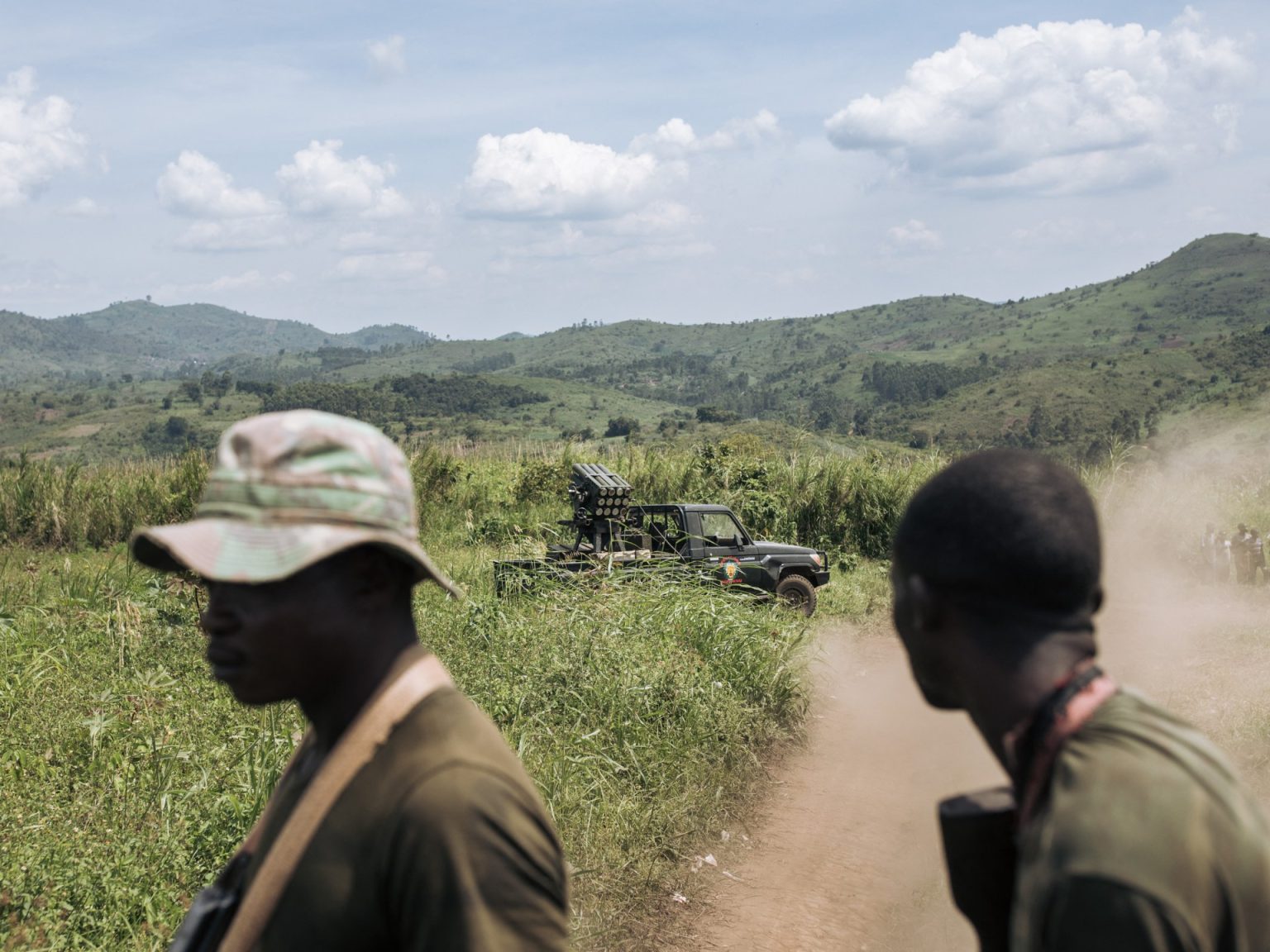Armed men, believed to be rebel fighters affiliated with ISIL (ISIS), have launched a deadly attack on villagers in Beni territory, North Kivu province, in the eastern Democratic Republic of Congo (DRC). At least 38 people were killed in the overnight assault using guns and machetes. The surge in violence has been attributed to a lack of adequate security presence in the region, allowing attackers to take advantage of vulnerable communities. The Allied Democratic Forces (ADF), a group originally based in Uganda but now operating in the DRC, has been accused of being behind the recent attacks, including another incident that claimed the lives of 16 people earlier in the week. The ADF pledged allegiance to ISIL in 2018, and its frequent assaults have added to the instability in an area already plagued by numerous armed groups.
Local officials have reported that the ADF has been responsible for the deaths of over 50 people in the eastern DRC this week alone. Efforts by the Congolese and Ugandan armies to stem the violence through joint operations in North Kivu and neighboring Ituri have so far been ineffective in preventing deadly attacks on civilians. The ongoing conflict in the region has also seen the resurgence of the Rwandan-backed M23 rebel group, which restarted its armed campaign at the end of 2021, leading to further displacement of tens of thousands of people. The situation in eastern DRC has been marked by widespread violence by armed groups for many years, exacerbated by both government and foreign actors providing weapons to belligerents.
As of the end of last year, an estimated 6.9 million people across the DRC were displaced, with the majority of them located in the eastern provinces. Since March 2022, over 1.6 million individuals have been forced from their homes in North Kivu alone, highlighting the dire humanitarian crisis unfolding in the region. The ongoing conflict, coupled with the displacement of civilians, has created a severe humanitarian situation, with limited access to essential services like food, water, and healthcare. The continued violence and displacement of people have further compounded the challenges faced by the already vulnerable populations in the eastern DRC, exacerbating an already dire situation.
The international community has expressed concern over the escalating violence in eastern DRC and the inability of security forces to protect civilians from attacks by rebel groups like the ADF and M23. Humanitarian organizations have been working to provide aid to those affected by the conflict, but challenges remain in delivering assistance due to the volatile security situation in the region. Efforts to address the underlying causes of the conflict, including poverty, lack of governance, and competition over resources, are crucial to achieving lasting peace and stability in the DRC. The need for a coordinated and comprehensive approach involving all stakeholders, including the government, neighboring countries, and international partners, is essential to bring an end to the cycle of violence and displacement in the region.
In conclusion, the recent attack by rebel fighters in eastern DRC underscores the ongoing challenges faced by civilians in the region due to the proliferation of armed groups and the lack of effective security measures. The conflict has led to widespread displacement and a humanitarian crisis, with millions of people in need of assistance. Urgent action is needed to address the root causes of the violence and instability in the DRC, and to ensure the protection and well-being of the civilian population. International support and cooperation are vital in finding a lasting solution to the conflict and promoting peace and security in the region.


